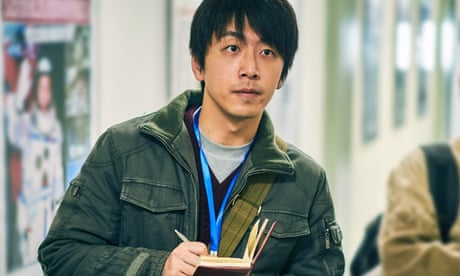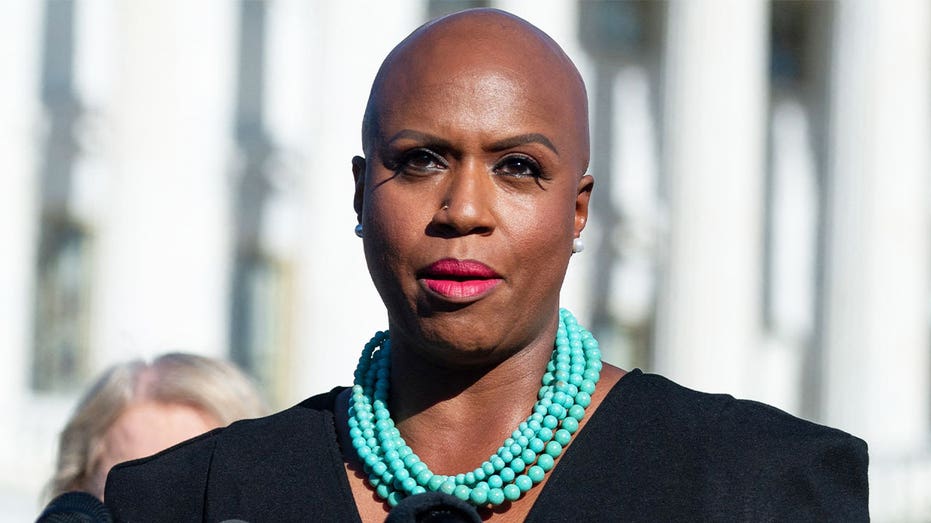- by foxnews
- 25 Nov 2024
Film of reporter’s battle to expose health scandal is shock Chinese hit
Film of reporter’s battle to expose health scandal is shock Chinese hit
- by theguardian
- 09 Apr 2023
- in news

Fired from jobs, barred from schools, rejected romantically - for years carriers of hepatitis B in China faced a litany of humiliations, large and small. In 1992 it was estimated that about 10% of the population tested positive for the hepatitis B antigen. Yet for the next decade they were systematically barred from participating in all walks of life. That fuelled an industry in fraudulent medical reports, which is where Han Dong, the star of the film The Best is Yet to Come, starts his investigation.
The story is loosely based on the real-life Han Fudong, a journalist who went on to become chief reporter of the Southern Metropolis Daily, a newspaper that was once known for its hard-hitting investigations. Han's work eventually led to companies being banned from screening employees for the virus or to fire carriers. At that time there were more than 120 million people living with the disease in China.
The Best is Yet to Come, which has been compared to All the President's Men and Spotlight, toured the international film circuit in 2020. But last month it was released in China, taking in 52.3m yuan (�6.1m) in its first week at the box office. That makes it a modest success in commercial terms - but more striking is the fact that a film about the power of investigative journalism could be released in China at all.
The film is set in the heady days of 2003. China had declared victory over Sars, and the country, especially Beijing, was thrumming with ambition as people rode the wave of reform and opening up that had turbocharged the economy. It was also the year in which Wang Jing, the film's director, moved to the capital to study at the Beijing Film Academy, the country's top film school. It was, Wang tells the Observer, the "spring" of China's civil society.
Not only would such reporting be impossible in China today, the lawyer who represented the journalists in the Sun case, Xu Zhiyong, is now himself in prison.
Wang's film is full of nostalgia for that more optimistic time. "That era was full of possibilities for individuals and personal growth. Journalism was full of possibilities to make change," he says. "Not many people believe in idealism any more." Still, Wang is full of praise for the few independent journalists who persist in "keeping their eyes on things. How much can they change? I'm not sure. But it is meaningful to keep doing it."
It is also dangerous. According to Reporters Without Borders, there are more than 100 journalists in prison in China today. In December 2020 the independent journalist Zhang Zhan was sentenced to four years in prison for her reporting on the start of the Covid pandemic in Wuhan. In February this year the popular blogger Ruan Xiaohuan, known by the pseudonym Program Think, was sentenced to 12 years behind bars for "inciting subversion of state power". Ruan's blog gave tips on circumventing the great firewall and discussed official corruption.
Like his mentor, the acclaimed film director Jia Zhangke, who has a cameo in the film, Wang is interested in the experiences of people alienated from mainstream society, particularly the struggle of outsiders trying to stay afloat in China's menacing, polluted and often corrupt cities. Both Wang and Jia hail from Shanxi, an industrial province in northern China, and the two are close collaborators.
It was Jia who suggested that Wang make a film about journalism. "This topic is not so easy to talk about in China. It is difficult in terms of business. But we believed in it," says Wang.
Journalism is not the film's only sensitive topic. Blood itself can be taboo in China. In the 1990s around one million people in the poor northern province of Henan contracted HIV after selling their blood plasma at government-run clinics that did not follow hygienic procedures. Officials covered up the problem, allowing the disease to spread further.
Today people with HIV face similar kinds of stigmatisation to those depicted in The Best is Yet to Come. One study in Guangzhou found that nearly 40% of healthcare providers had refused to treat HIV-positive people.
Xie Peng (a pseudonym) is one of the handful of people who has successfully brought an HIV anti-discrimination case against his employer, winning back his job at a television network in 2018. After watching The Best is Yet to Come he felt so moved that he wrote to Song Yang, the actor who plays a hepatitis B sufferer in the film. "A few years ago it felt like I couldn't be respected even if I tried my best," he wrote, but the film helped to "break down prejudice and discrimination". He was thrilled when Song replied with words of encouragement.
That a film that depicts so many sensitive themes could be approved by China's censors is surprising. But it is careful to avoid criticising the government directly. Wang agrees, but says that this was an artistic choice, insisting that "censorship was not part of our consideration".
In fact, he says, he chose the topic precisely because it was not about the government. "It was not a story that challenged authority or some power," he says. "It was more complicated than that. It is about humans."
Additional reporting by Chi Hui Lin
- by foxnews
- descember 09, 2016
'Quiet travel' is having a moment; here are top US spots where you can embrace the trend
Here are 10 destinations for "quiet travel" in the U.S. to check out if you're ready to unplug and unwind on your next vacation. From Maine to Florida, Oregon and more, see the list.
read more


